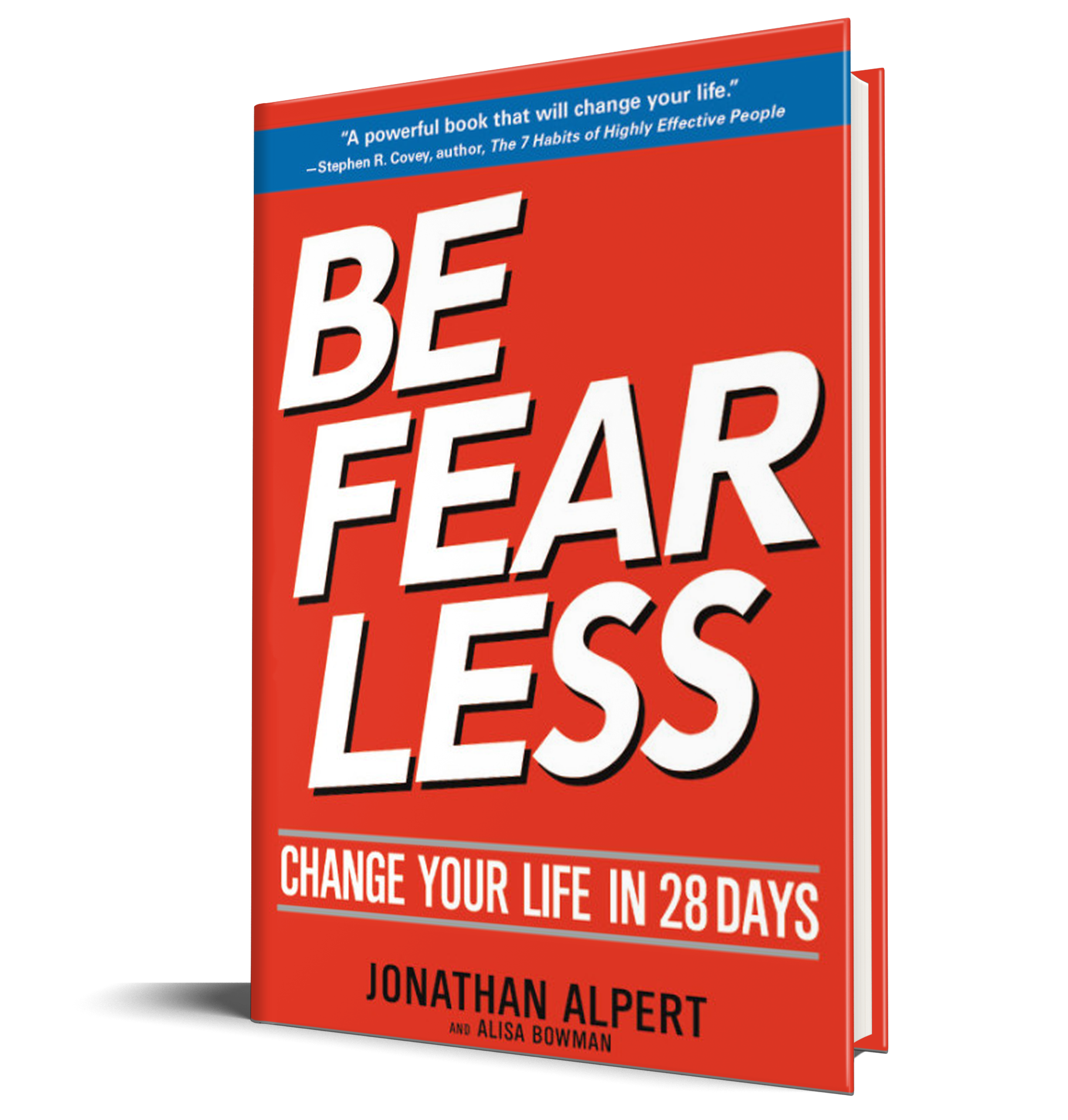By now, surely you’ve heard the term “quiet quitting”. Though the practice is not new, the term is. It’s simply feeling burnt out and setting boundaries with work and doing the bare minimum of what is required. It is, in essence, a rebellion against hustle and going above and beyond in order to advance one’s career. Though, as with other things these days, social media has a way of making a simple concept seem like a phenomena and people like to feel as though they are part of a movement.
From my perspective, “quiet quitting” helps people realize that they should not be defined by their work/careers, however, unless further action is taken, they may sit in a place of dissatisfaction and not improve and it becomes nothing more than a term people hide behind because they are afraid to make changes and/or are lazy and unmotivated.
The remedy to quiet quitting might be two-fold. One is actually getting back to a physical office on a part-time basis and the other is addressing the stress/job dissatisfaction. The Covid-19 pandemic has in some ways bred a culture of laziness and entitlement – one where people feel they don’t have to report to an office or feel they can make their own rules as they pertain to the workplace. People thrive on social interaction, structure, and routine. This, to some degree, has been lost or greatly diminished as a result of working from home. I’ve seen spikes in depression and anxiety as well as weight gain in patients as a result of isolation and a sedentary lifestyle over the past 2+ years. My suggestion to employers and employees: follow the lead of Goldman Sachs and get back to the office at least on a part time basis.
As for the work burnout, it’s important to understand it in order to then prevent or eradicate it.
Here’s what I typically see:
No control. The person feels that they have no say over their schedule, work assignments, or workload. They also feel that they lack adequate resources to get their job done.
Unclear expectations. A person’s job description and title might be confusing or ambiguous. Does the job description say one thing yet you’re taking on entirely different or additional duties? One recent client told me how as a nurse she is doing administrative tasks 60% of the time because of changes in management, and clinical work only 40% of her time. Given that her true passion is in treating patients, this ultimately leads to burnout and dissatisfaction.
Mismatched values. Do you believe in your work or are you tasked with selling a product or service that you simply don’t believe in? For example, you’re a die-hard Apple user yet your job is to sell PCs. This can be a tough one and a person can fake passion and enthusiasm for only so long before it becomes aggravating and stressful.
Extremes in your schedule. Are you either super busy working, putting in overtime and barely have a minute to use the bathroom, or quite the opposite where days feel like an eternity, are tediously slow and you’d rather watch paint dry? This doesn’t allow a person to settle into a comfortable and stable work rhythm with moderate stimulation.
No work/life balance. Do you lack a life outside of work? No hobbies, interests, or social opportunities? This surely will put undo focus on work and lead to burnout, and of course not allow any outlets and friends to vent to about work.
This is what to do to negate work burnout and free yourself from the quiet quitting mentality:
Prioritize yourself over work. Work is important, and vital. I get it. But so are you. And if you don’t have your health -mental and physical -then you certainly won’t have your job. Know what your needs are and prioritize them. Think about who are you if not an executive, or lawyer, teacher, or any other type of employee? The most successful people I know are so much more than the thing that made them a professional success. They’re a friend, a son or daughter, a spouse, a little league coach, a parent.
Change the way you think and take action. Rather than feeling that you’re held hostage by the company you despise or a boring career, know that you actually can make a change. Sometimes simply making a decision to update your resume and pushing it out there can energize a person and make them feel they’re taking action to bring about change. By changing the way you think about work, you change the dynamic and relationship you have with it. If you see it as a means to an end, or as what you need to do while you explore other options, you’ll do much better than thinking it is endless and you’re at its mercy.
Talk to your supervisor. Rather than fearing and avoiding your supervisor, see him or her as an important person in helping to bring about positive change. Most supervisors that I know realize that a happy and content employee is a productive one. Approach your supervisor with that mindset and enlist his or her help in making work more desirable. There’s a good chance he or she may not even know that you’re unhappy, so speak up.
Have a life outside of work. Your workday is approximately one-third of your day. Maximize the time outside of work. Develop hobbies if you don’t have any; make and /or connect with friends; and incorporate relaxing activities into your life.
Take time off. Rather than accrue vacation time and let it sit, use it. Time away from work can help to provide a new and fresh perspective, allow you to recharge, and of course, expand your horizons beyond the confines of your work environment.
For more tips on living a healthy and stress-free life, check out my book Be Fearless: Change Your Life in 28 Days.



